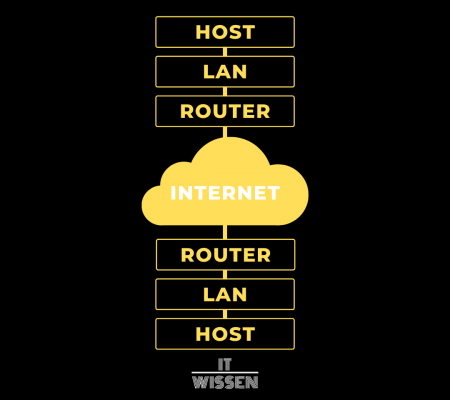The proposed ban on end-to-end encryption in spain end-to-end encryption ban has ignited speculation and raised questions about the motives behind such a decision. This article delves into the potential actors and their motivations, inviting readers to critically examine the forces at play in this contentious issue.
National Security Agencies:
Advocates for the ban argue that national security agencies are the driving force behind the push to restrict encryption. They claim that by gaining unfettered access to encrypted communications, these agencies can better monitor potential threats, including organized crime, terrorism, and cyber attacks. However, critics argue that such measures could lead to a surveillance state and the erosion of civil liberties.
Political Interests:
Political motivations cannot be dismissed when discussing encryption bans. Governments may seek how to end to end encryption consolidate power and control information flow, using the guise of national security to justify their actions. By restricting encryption, they may attempt to suppress dissent, manipulate public opinion, or maintain an iron grip on societal narratives.
Corporate Influence:
Some skeptics raise concerns about the influence of powerful corporations and lobbying groups. Encryption bans could align with their interests, enabling them to access user data and monetize it for targeted advertising or other purposes. Such collusion between governments and corporations could compromise privacy and exploit individuals’ personal information for profit.
International Pressure and Cooperation:
The pressure to ban encryption may stem from international alliances and collaborations. Countries sharing intelligence and security information may exert influence on one another to adopt similar measures. While purportedly driven by shared security concerns, the potential dark side of these alliances involves hidden agendas and a consolidation of global power dynamics.
Conspiracy Theories:
Conspiracy theories often emerge in discussions surrounding encryption bans. Some assert that behind closed doors, secret societies, or shadowy entities seek to exert control over individuals and societies, manipulating events for their own gain. While these theories lack concrete evidence, they reflect the mistrust and skepticism prevalent in society.
 Conclusion:
Conclusion:
Unveiling the motives behind Spain’s proposed ban on end-to-end encryption requires careful analysis and scrutiny. While national security concerns and political interests may play a role, the influence of powerful actors, both governmental and corporate, should not be dismissed. It is essential to remain vigilant, seek transparency, and demand accountability from decision-makers to ensure that the interests of privacy, security, and individual freedoms are properly balanced. As the debate continues, critical examination of the forces behind encryption bans will be vital in safeguarding democratic values and protecting the rights of individuals in the digital age.



